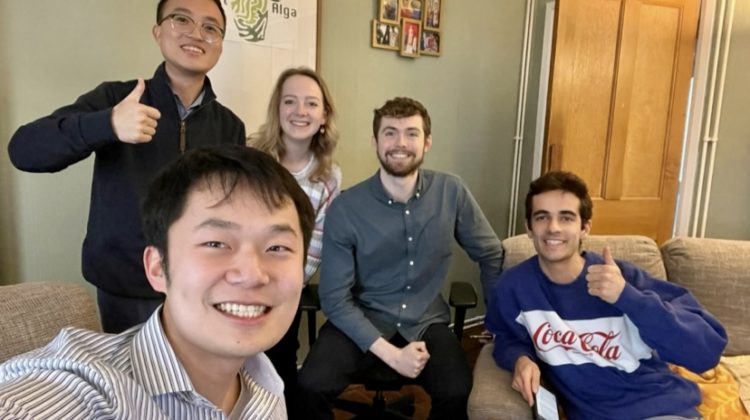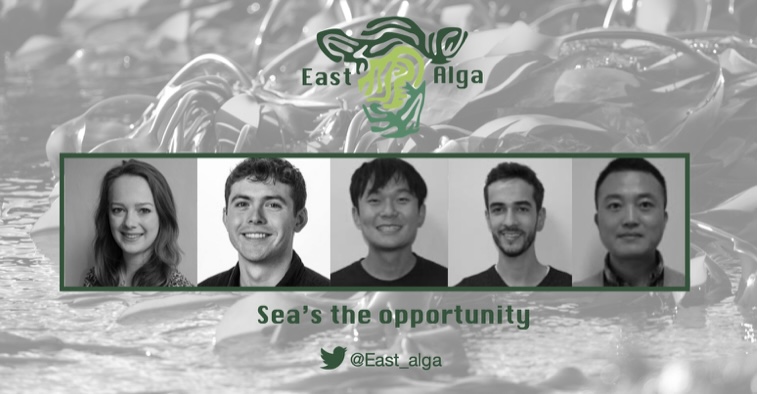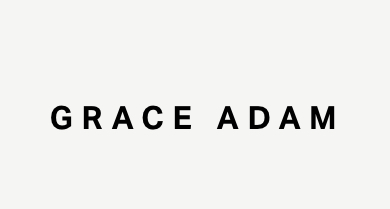
Meet the five early-career researchers from the John Innes Centre who recently won a prize in the final of a prestigious global entrepreneurial competition. And the key ingredient to their success? Seaweed
Developing and pitching an idea for unlocking the potential of kelp and providing sustainable solutions to tackle methane emissions from cattle, has led to five PhD students from the John Innes Centre in Norwich to come away with a prize at the Biotechnology Young Entrepeneur Scheme (BiotechYES) competition.
One of the five early-career researchers, Calum Graham, explains: ‘We signed up for the Biotechnology Young Entrepeneur Scheme (Biotech YES) because we were all interested in how the commercialisation of scientific ideas and discoveries can lead to the founding of a company.
‘BiotechYes is an innovative global competition developed to raise awareness among PhD students, postdocs and research staff at UK and international universities about how ideas can be commercialised by creating a hypothetical, but plausible, business plans.
Emily Tipper, who took on the role of Chief Executive Officer, adds: ‘Together we formed a team and we decided on roles based on our particular interests, such as Finance, Operations, Science or Marketing.’
Calum was the Chief Scientific Officer of the project. ‘As a team, we worked together to develop a hypothetical business before pitching the idea to potential investors and stakeholders,’ he says.
‘We began by brainstorming ideas. These ideas ranged from soil health boosting bacteria to local climate prediction apps. We then took a vote on our favourite idea and brought this with us to a three-day workshop.
‘Our favourite idea was based on the principle that methane emissions from ruminant livestock can be reduced by supplementing livestock diet with certain seaweeds or seaweed extracts. We named our hypothetical business East Alga.’

Yang Yue, the Marketing Executive for the team reflects: ‘Focusing on an area of biology separate from our PhDs was refreshing. We developed a deep interest and gathered lots of information about seaweed, including variety, habitats, usage and market size.’
Emily explains how they further developed their idea: ‘On the first day of a three-day workshop with industry professionals in December, we had a meeting with a mentor who was not convinced our initial product (a new kelp variety) could be grown in native UK waters. We took this advice on board and changed our entire business to a seaweed biorefining company, rather than a seaweed farming company. This was a drastic last-minute change, but in the end it was essential for our winning pitch.
Calum adds: ‘We made it to the final and we managed to impress the representative from Syngenta and came away with the ‘Best Plant, Microbial and Environment Business Plan’ award which we are very pleased with.’
Looking back on the experience, Emily reflects: ‘The competition had its stressful moments, but we all worked really well together to produce a business model we are proud of.’
Yang agrees. ‘The teamwork aspect of the contest was really enjoyable. We also really enjoyed our sessions with the mentors, including Jonathan Clarke from the John Innes Centre’s Knowledge Exchange & Commercialisation team, Tomás Harrington from the UEA, and Yaomin Cai from the Earlham Institute.’

Andy Chen, the Operations Lead for the team reflects: ‘I have learned to think differently. In the past, I have always thought if technology is good for the planet or for the people then investors will be interested. However, the truth is, most people/business will not introduce new technology unless it can save them either money or time.
Yang concludes: ‘A takeaway from this competition was becoming adaptable and willing to take on unexpected challenges.’
Visit John Innes Centre









Leave a Reply